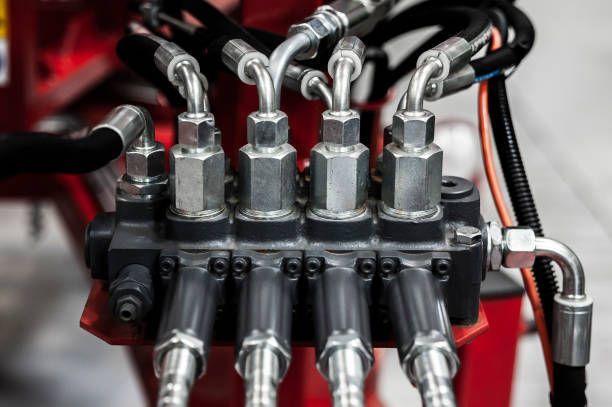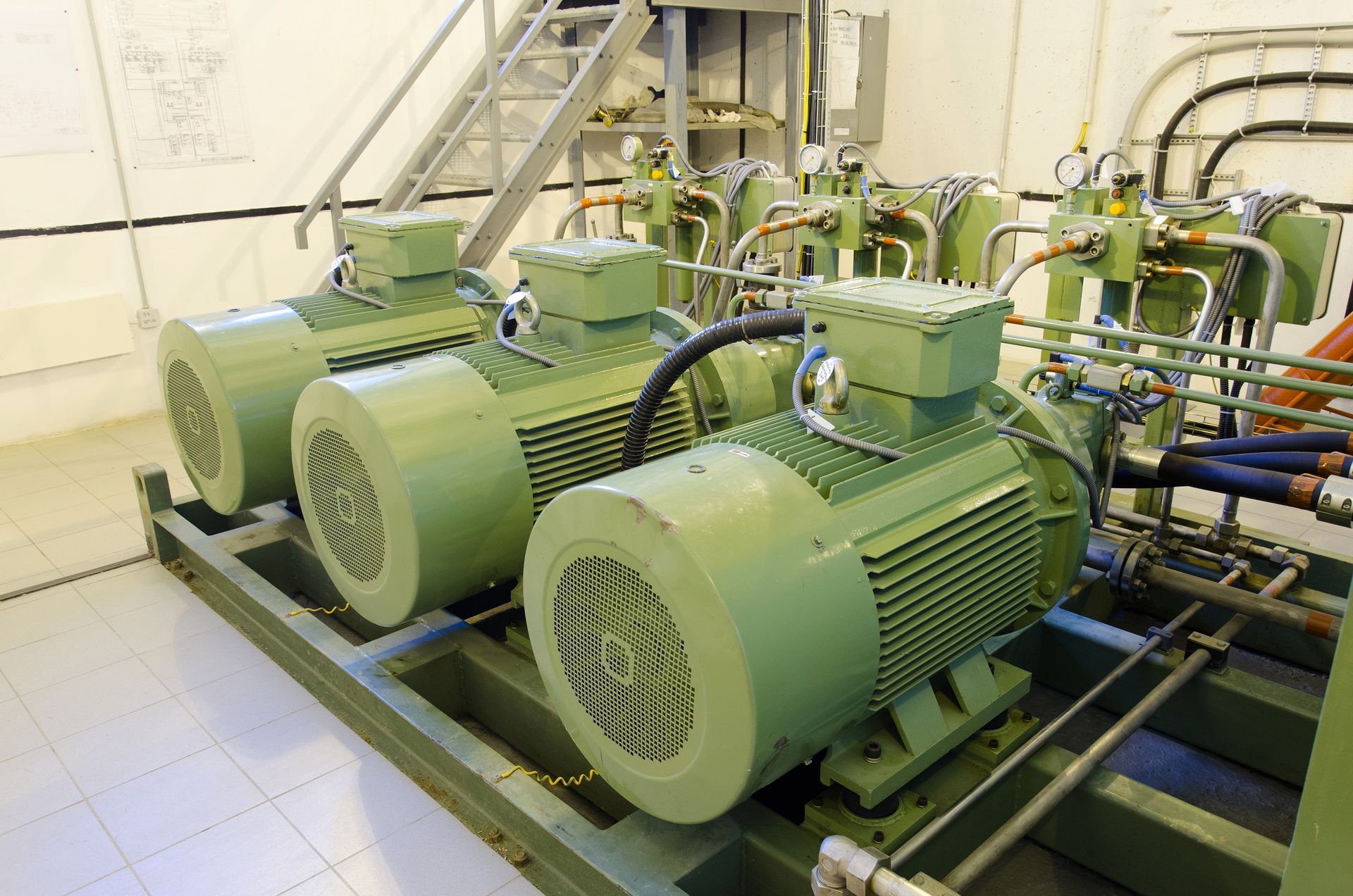5 Signs Your Hydraulic Cylinder Has a Problem
A hydraulic cylinder plays a pivotal role in the smooth and effective running of the machine it supports. If a cylinder develops a problem, then its machine might not be able to work efficiently or at all.
While a full cylinder breakdown is easy to diagnose, you sometimes get early warning signs that a cylinder has a problem that needs attention. How can you tell if a cylinder has a potential fault? Read this blog to learn five early warning signs of hydraulic cylinder failure.
1. Your Cylinder Makes Banging or Knocking Sounds
Hydraulic cylinders make some noise — however, these sounds shouldn't be alarming. Sometimes, a fault in a cylinder causes loud banging or knocking sounds.
You often hear these noises when the cylinder has a cavitation problem. There might not be enough fluid in the cylinder to enable it to run smoothly. Alternatively, you might have an aeration problem, in which your fluid levels might be adequate, but you have too much air in your system.
Cavitation or aeration problems create unusual pressure differentials in your cylinder. Any air bubbles in the system will then react to these pressure fluctuations by imploding and exploding. When this happens, you hear loud banging or knocking sounds.
2. Your Cylinder Moves Differently
Hydraulic cylinders should work smoothly. However, sometimes a problem cylinder will start to make jerking or juddering movements. This is a sign that the cylinder's piston and rod can't move freely or smoothly.
These jerking movements often result from too much friction in the system. For example, you might have problems with worn or damaged seals or parts. Alternatively, you might not have enough lubrication running through the cylinder to keep it running smoothly.
3. Your Cylinder Is Too Hot
Hydraulic cylinders have set temperature ranges. They shouldn't heat up past a certain point. You know you have a problem if your cylinder feels hotter than it usually does.
Sometimes this temperature increase is part of a bigger problem. For example, if a cylinder has juddering movements, then it will also probably start to heat up more because of the underlying friction problem.
However, excess temperature can also be a stand-alone problem or early warning sign of a potential breakdown. They can come down to problems with your hydraulic fluid or its levels. On the other hand, you might have a faulty oil filter.
4. Your Cylinder Runs Slow
A faulty hydraulic cylinder sometimes loses some power. It might seem to work more slowly than it should. It then affects its machine's operating speed and power. You'll notice that the machine cycle takes longer than usual.
Sometimes a cylinder slows down because of internal friction. However, this problem is more often caused by flow glitches. If the cylinder's flow is too low, then the system's actuator can't work to optimum efficiency.
A slow cylinder might indicate that you have a leak that affects internal pressure. You might see signs of an external leak around the cylinder, say, if a hose breaks. However, internal leaks aren't visible. Either kind of leak will slow down the cylinder because it has to work harder to create the right pressure levels. This takes more time, so the cylinder works more slowly.
5. Your Cylinder Uses More Power
If you notice that your machine is using more power, then you could have a cylinder problem. If your cylinder has to work harder to do its job, then it needs more energy to work.
Too much friction or a leak in the cylinder can cause this problem. For example, if you have a leak, then the cylinder has to pump through more fluid to compensate. This makes the cylinder work harder and longer.
While you can repair some hydraulic cylinder problems, others might require a rebuild or even a full replacement. For a quick diagnosis and fix,
contact the experts at Quad Fluid Dynamics, Inc.



